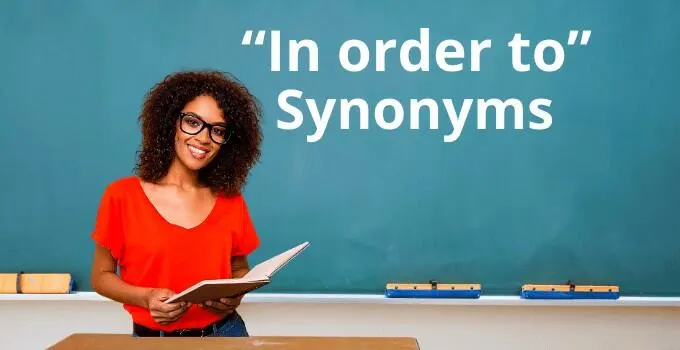Language can tell us a lot about the culture surrounding it. This becomes all the more obvious when you look at words that are not translatable from one language to another. For instance, in Japan, there is an art called “kintsugi,” where broken pottery is fixed using powdered gold. At first glance, this may come …
English
Is there a comma before since? There is usually no comma before since, as “since” is a subordinating conjunction. “Since” can also function as both a preposition and an adverb. In these roles, too, a comma preceding ‘since’ is generally unnecessary. ”Since” as a preposition — Comma Rules When “since” acts as a preposition, …
As we’ve seen in earlier posts on this topic, commas can be very confusing. Part of the problem is that there is a lot of bad advice out there. Some people suggest adding a comma whenever you would pause while speaking. Although this sounds like a good idea, it can lead to sentences that are …
The purpose of commas is to make writing clearer by splitting the words and phrases that make up a sentence apart. Despite this fairly simple purpose, comma usage can often be confusing to new and veteran writers alike. There seem to be too many possible rules, and sometimes the rule will change depending on whom …
Whenever you start learning a language, there are always a few things that are bound to stump you. There are words that have multiple meanings, and the only way to figure out the meaning is from the surrounding contexts. There are phrases and expressions that are completely idiomatic and have nothing to do with the …
There are certain words and expressions in the English language that don’t come by often, but when they do, they stick out from the rest and become memorable. What makes these words and expressions unique can be one of many things. Some of them sound pleasant, while others may make you cringe. After all, a …
Not many writers think commas are fun. In fact, they stress a lot of people out. But commas don’t have to make you pull your hair! The trick to understanding commas is to break apart the sentence itself, identify the parts of it, and then use a few simple rules to determine when and where …
Any writer worth their salt knows the importance of having a dictionary handy and nearby. There are countless situations where you need a little help to find the right word that perfectly describes what you want to say. Moreover, there are other scenarios where you know the right word but want to use one of …
Language is a funny thing. Even though it purports to have clear rules, these rules are constantly being broken or changed. The thing that most people forget is that language is not like math. It isn’t made up of rigid rules that never change with time. Instead, language is a living, breathing creature, one that …









